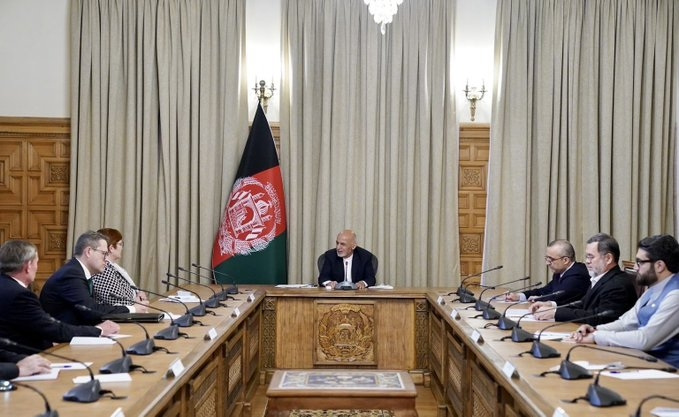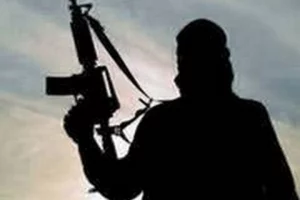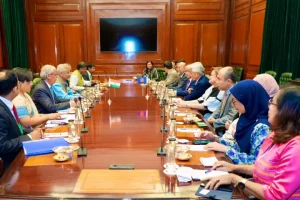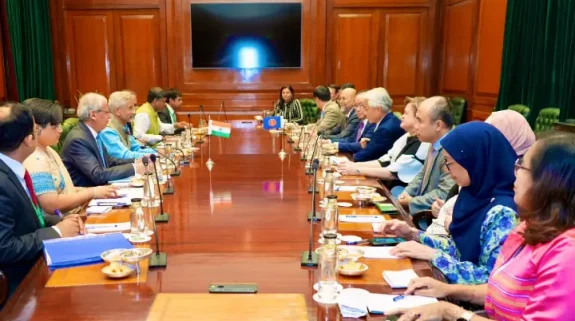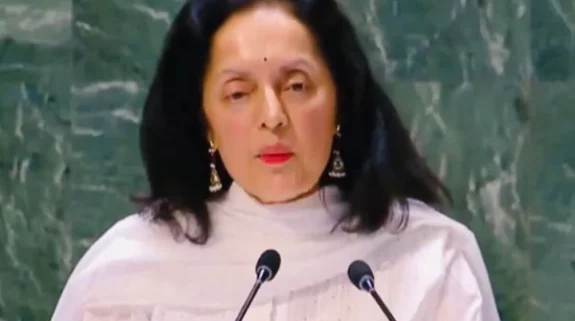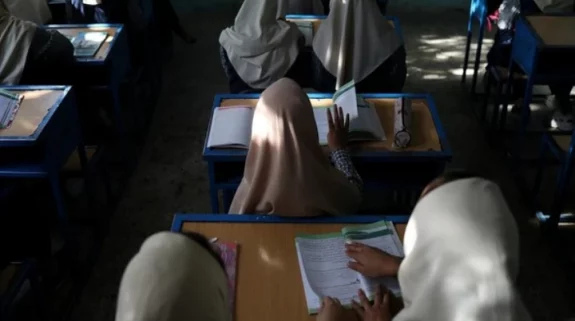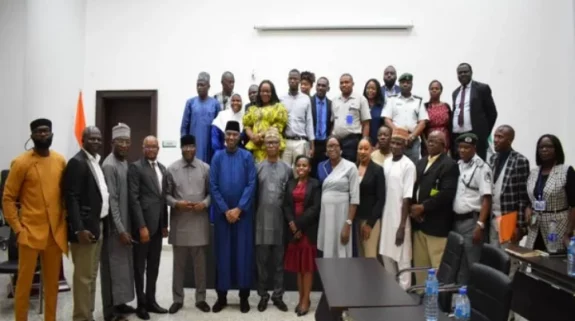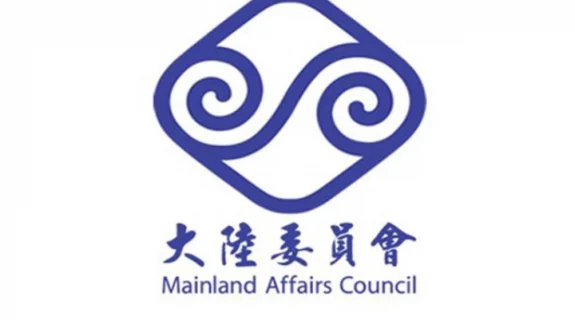In a surprise move, Australia has announced that it will close its Afghanistan embassy this week, months before its troops withdraw from the strife-torn country.
A joint announcement was made on Tuesday by Australian Prime Minister Scott Morrison and Foreign Minister Marise Payne which said: "In light of the imminent international military withdrawal from Afghanistan, Australia will, as an interim measure revert to the model of visiting accreditation for our diplomatic representation to Afghanistan, which we used from the opening of diplomatic relations in 1969 until 2006".
Their statement said that the departure of US troops and international forces from Afghanistan will create an uncertain security atmosphere in which a residential diplomatic presence may not be possible.
On a slightly positive note, the Australian statement added that Australia will continue to provide diplomatic services from elsewhere in the region. The Australian government added that this will be a temporary measure and the country will have a permanent presence in Kabul once circumstances permit.
An uncertain future in Afghanistan
The surprise Australian announcement happened one month after Payne had visited Kabul to reassure the Afghan government about Australia's support to the President Ashraf Ghani's government.
Australia's action bolsters Western fears about Afghanistan plunging into a full fledged civil war once the US-led troops withdraw in September.
Violence has reached unprecedented levels in the last over one year after the US made a pact with the Taliban in Doha, Qatar, on 29 February 2020 and decided to withdraw troops from Afghanistan. In clear violation of the signed agreement, the Taliban chose to step up attacks in the country with a view to taking power. Some of the most brutal violence unleashed by various militant groups included an attack on a Sikh gurdwara in Kabul, a maternity ward of a hospital, the bombing of a university and the recent attack on a girls' school.
China steps into the region
Even as the Afghan government has voiced its displeasure with the withdrawal of American and NATO troops, other regional forces like the militant groups, Pakistan and China are looking forward to filling up the vacuum. Since the late second half of 2020, Islamabad has been arranging meetings in Pakistan between Beijing and Taliban leaders.
Why China is cultivating the Taliban is to keep the lid on its self-created Ughyur problem. It does not want the Islamic militants barging into Xinjiang through their common border and fan insurgency among the Ughyurs, who it has been suppressing and trying to wean away from Islam. China is keeping an eye on the Wakhan corridor, which connects Afghanistan to China along with Pakistan and Tajikistan, so that militant activity in Afghanistan does not reach the Ughyurs.
Beijing is also simultaneously improving relations with Kabul. On Pakistan's urging, China has proposed to extend the China Pakistan Economic Corridor (CPEC) to the landlocked Afghanistan. Nations find gigantic infrastructure projects like the CPEC, under the Belt and Road Initiative (BRI), difficult to resist owing to the huge investment that China brings.
With the unpredictable and volatile situation in Afghanistan, China is hedging its bets. It wants the US to leave but also wants stability in Afghanistan so that the Islamic discontent does not spill over into Xinjiang. However, China understands that expecting surety from the hardline militant groups should not be expected.
Secuity concerns for foreign missions
The unending violence in Afghanistan has seen numerous attacks on foreign missions over the years. In 2017, a suicide car bombing in the diplomatic area killed at least 90 people. The explosion took place at a spot which was near the presidential place and the Indian embassy.
India had, in April 2020, closed down its consulates in Herat and Jalalabad in view of the spread of Covid-19. Now India is yet to take a decision on opening these in view of the high levels of violence. Herat is close to the Iran border while Jalalabad is close to Pakistan.
The Indian embassy in Kabul and the consulates have faced many deadly attacks. In the suicide bomb attack on the Indian embassy in 2008, 58 people were killed. Defence Attache Brigadier RD Mehta and Counsellor Venkateswara Rao lost their lives in this attack along with Constables Ajay Pathania and Roop Singh of the Indo-Tibetan Border Police. The Indian as well as the international intelligence agencies concluded that the attacks on Indian missions were the handiwork of the Pakistani intelligence agencies working in close cooperation with Afghan militant groups.






